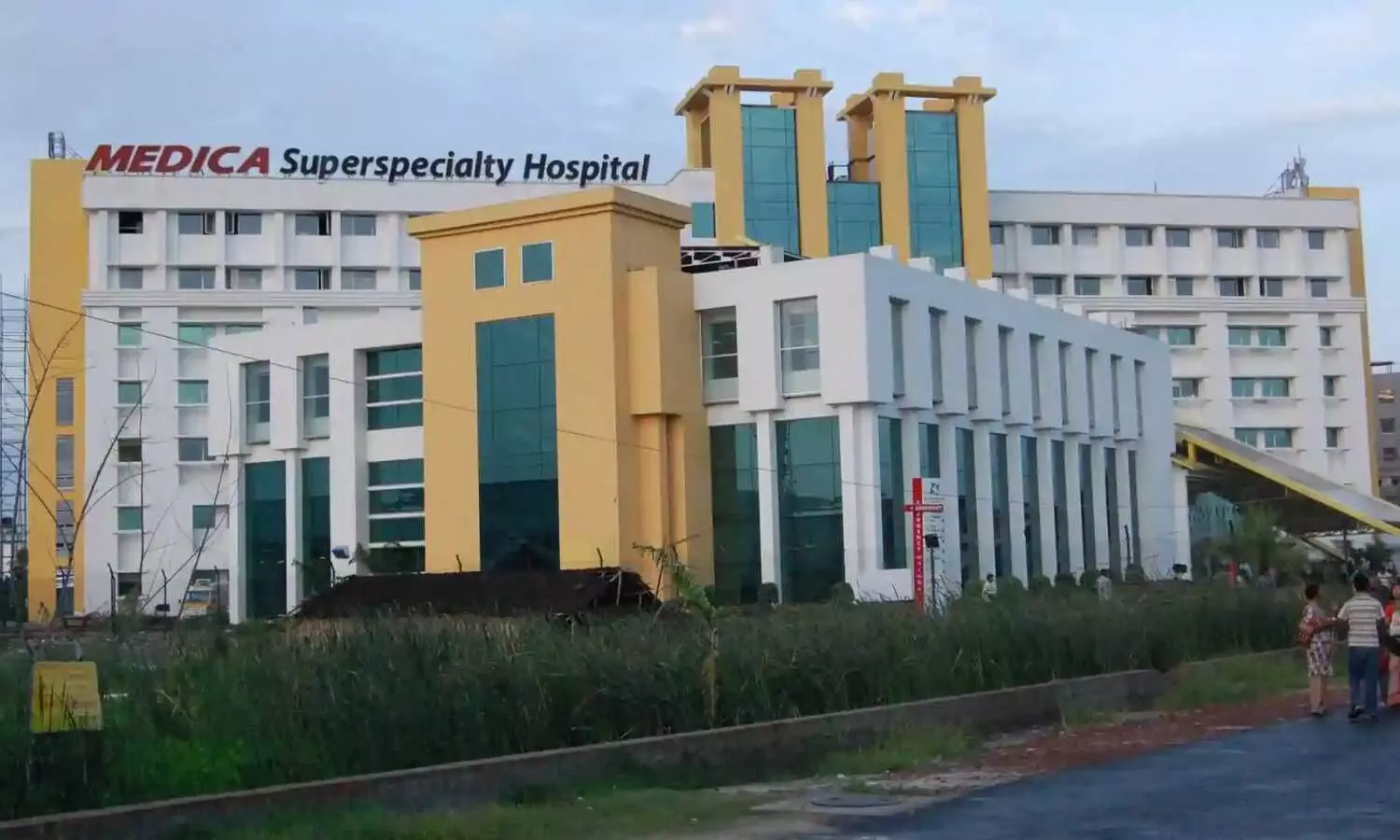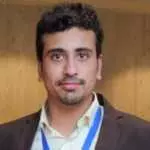Medica in Kolkata has performed the world's first successful CSP implantation on a patient with a dextroposed heart (a heart positioned on the right side).

The Medica Group of Hospitals, Eastern India's largest private healthcare network, announced a achievement in their cardiology department. They successfully performed the world's first conduction system pacing (CSP) on a male patient with dextroposition, or acquired dextrocardia, a condition where the heart shifts to the right side of the chest due to external factors like disease or surgery. This historic procedure took place on May 27, 2024, at Medica Superspecialty Hospital in Kolkata. It was led by Dr. Dilip Kumar, Director of the Cardiac Cath Lab and Senior Consultant Interventional Cardiologist and Electrophysiologist, along with his team: Dr. Asesh Halder, Consultant Cardiologist and Electrophysiologist, Dr. Anand Kr Pandey, Associate Consultant in Cardiology, and Dr. Subhro Sekhar Chakraborty, Associate Consultant in Cardiology, all from Medica Superspecialty Hospital. The procedure was conducted under the Swasthya Sathi Scheme of the Government of West Bengal. At a press conference, (Prof.) Dr. Rabin Chakraborty, Senior Consultant Interventional Cardiologist and Electrophysiologist, Senior Vice Chairman-Head of Cardiology Services at Medica Institute of Cardiac Science (MICS), discussed the critical nature of this rare medical condition alongside the patient and his family.
The patient, 66-year-old, Rejaul Karim hailing from Basirhat, North 24 Parganas, West Bengal had developed childhood tuberculosis, which caused extensive damage to the right lung. The lung parenchyma led to fibrosis, which pulled the heart from the left side to the right. As a result, the patient's heart has been on the right side since childhood. This condition is quite rare. Unlike dextrocardia, which is a congenital anomaly (from birth), this patient exhibited dextroposition, an acquired form of dextrocardia, but Rejaul has over the years managed his condition well and has been an active person with interest in sports. Since childhood Rejaul had breathing issues which he ignored. As Rejaul’s age approached 60s, he developed a bifascicular block, which is a cardiac conduction disorder that delays or stops electrical signals between the left and right bundle branches. This problem was impacting Rejaul’s wellbeing, as the heart’s lower pumping of chambers (ventricles), was causing it to pump too slowly or out of rhythm (a condition called arrhythmia). ECG revealed above condition, after Rejaul started experiencing recurring episodes of syncope (losing consciousness & muscle strength), necessitating a pacemaker to prevent a complete heart block.
Dr. Dilip Kumar explained the challenges and innovations involved, “Pacemaker tools are traditionally designed for left-sided hearts, making right-sided procedures extremely challenging. We employed conduction system pacing, a new technique that engages the heart's natural conduction system, reducing the risk of pacemaker-induced heart dysfunction, which affects 15-20% of patients with conventional pacemakers. In this case, to precisely understand the lead location, we have performed thorough imaging using fluoroscopic images and electrophysiological signals. This innovative approach has been used for the first time in the world in a patient with dextroposed heart, significantly mitigating the risks of cardiac dysfunction associated with traditional pacemakers.
Since this is the first case of its kind, we are currently working on the manuscript and expect to complete it within a few days and plan to submit it to the American Journal.”
During the procedure, local anesthesia was administered, and a needle was used to access the left subclavian vein (which carries blood from left upper body). A lead was placed in the left bundle branch area of the heart, and another in the right atrial appendage. Both leads were successfully tested and connected to a pulse generator implanted under the skin near the left collarbone. The procedure was completed without complications.
Rejaul Karim expressed his gratitude and shared, "Since childhood, I struggled with breathing issues. I would often lose consciousness. Now, I no longer have breathing or problems of fainting. I am forever grateful to Dr. Dilip Kumar and the entire Medica team for helping me to get cured and lead a normal life.”
Mr. R. Udayan Lahiry, Managing Director, Medica Group of Hospitals, said “Medica has always stood tall when it came to innovations and modern techniques of treatment. It is indeed good to see that Rejaul could walk freely & happily without any concerns of breathlessness or loss of consciousness. Dr. Dilip Kumar & team have done an exemplary job of performing this rare procedure and this once again proves that Eastern India has clinical talents who can do world-class work at reasonable cost. We extend our sincere gratitude to Government of West Bengal for conceptualizing Swasthya Sathi, which is now a widely acclaimed public health scheme and due to this, such treatments are possible even for the economically challenged sections of the society.”
Mr. Ayanabh Debgupta, Jt. Managing Director, Medica Group of Hospitals, shared, “For us it is a moment of pride that Dr. Dilip Kumar & team could do such a feat in this part of the world. Today Kolkata stands out once again for this rare & complex case which was beset with challenges. The much-acclaimed Swasthya Sathi Scheme has helped Rejaul to be treated and we extend our sincere thanks to the Government of West Bengal for enabling such treatments at a reasonable cost across a wide spectrum of the population.”
Next Story


